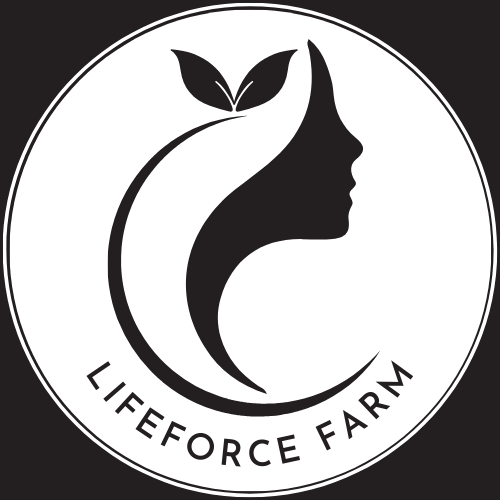The Effects of Consumerism On The Value Of Food
“The earth provides enough for everyone’s need, but not enough for a few people’s greed” Ghandi.
Industrialised Agriculture and Consumerism
Inclusion, biodiversity, and connectedness is the way that the Earth works, she is a living being. The mechanistic thinking of these times, has had a devastating effect on our environment.
Whilst public and political opinion seems to be focused on climate change and the use of fossil fuels, and Co2 emissions. Large scale, industrialised agriculture is continuing to clear lands, degrade our soils, poison our insects, animals, and ourselves with the ‘food’ that is produced. The ‘foods’ that we have become reliant on consuming, travel considerable food miles around the globe, are chemically treated and often irradiated, and come with refrigeration, and extensive packaging… accounting for nearly 20% of the global emissions, contributing to climate change.
Living Sustainably
The earth is a living being, she regulates our temperatures, and climate and has created the perfect conditions for our species to evolve. If we work with the earth, and L.I.M.I.T what we take – as our indigenous people, farmers, and elders always knew, then we have a chance to reach our potentials in intelligence and compassionate caring for the Earth and ALL of its inhabitants in a good way.
Social Change
The fossil fuel era has not only destroyed our environment, and climate…it has also destroyed our way of thinking, and lifestyle, by introducing the idea that we are separate from the Earth. This has closed our hearts, leading to the commodification of nature, and made us feel that making things, or growing by hand is inferior, and a ‘waste of our time’.
Who cares for the land?
The aim of industrialised agriculture is to increase productivity, by reducing input costs. The largest of these in farming is labour. The aim has been to get rid of farmers, though using large scale machinery, and the use of chemical fertilisers and pesticides over vast areas of land. However, this means there is no one to take care of the land, and the waters, to plant the seeds, and observe, and listen deeply. Farming without farmers means an end to healthy food production, and an end to the future of our species, and many others along the way
Extinction and climate change are NOT inevitable – there is indeed much that can be done here and now to steer the course of humanity towards compassion.
What can we do?
There is no place better than in a garden, or local organic farm to demonstrate this – to bring us back into right relationship with our Earth, and our hearts. Taking back some of the responsibility of providing for ourselves, rather than relying on our now, ingrained habits of consumerism.
Connecting with nature heals us
Many people suffer from disconnection, loneliness, depression, anxiety…and in studies around the world – amazing benefits and transformations have happened, when we can bring people back into connection with nature, and their food…the consumeristic mechanistic thoughts, that tell us that are hands are useless, that soil is dangerous for our health, that there is no point in growing our own food, making our own clothes, building our own homes etc…further disconnects humanity from it’s own heart, sustainability on the Earth, and real meaning and purpose in life.
“As the economy grows, by definition, more and more of human activity enters the realm of money. Usually we associate economic growth with an increase in wealth, but we can also see it as an increase in scarcity. Things we once never dreamed of paying for, we must pay for today.” Charles Eisenstein from Sacred Economics.
What’s the price of cheap food?
Industrialized agriculture has devalued the price of our food, by taking from the environment. As a population, we demand cheaper food, and we are ignorant to the damage done to create this. In our grandparents generation, and for the ancestors that came before – we did not have much disposable income. Mostly, we earned enough money to buy the foods that we weren’t growing at home, and for our housing, and for things we couldn’t make, or grow, or trade with our neighbours. If we wanted to buy something else – we had to save for it, we valued and repaired our possessions, little went to waste.
But I can’t afford local organic food?
Fast forward to this time and age, and to what my accountant describes as our ‘subscription culture’. Many folk claim that they cannot afford to buy local organic food, for their own health, and that of our planet…yet, these same people are happy to pay for monthly subscriptions for their phones, wifi, netflix, gaia, gym, and so much more consumerism…priorities have shifted.
What can you do?
The mechanistic model has changed our thinking and perception, when it comes to the value and priority we give to our food collectively. And this is why, I believe we encounter such resistance, from the established paradigm when we voice our concern. The answer is very close to home, and in us taking back our power, use our own hands, and be sustainable in any parts of our lives that we are able to, in our corner, of each of our own gardens…literally and metaphorically.
from my heart to yours,
sheia x
